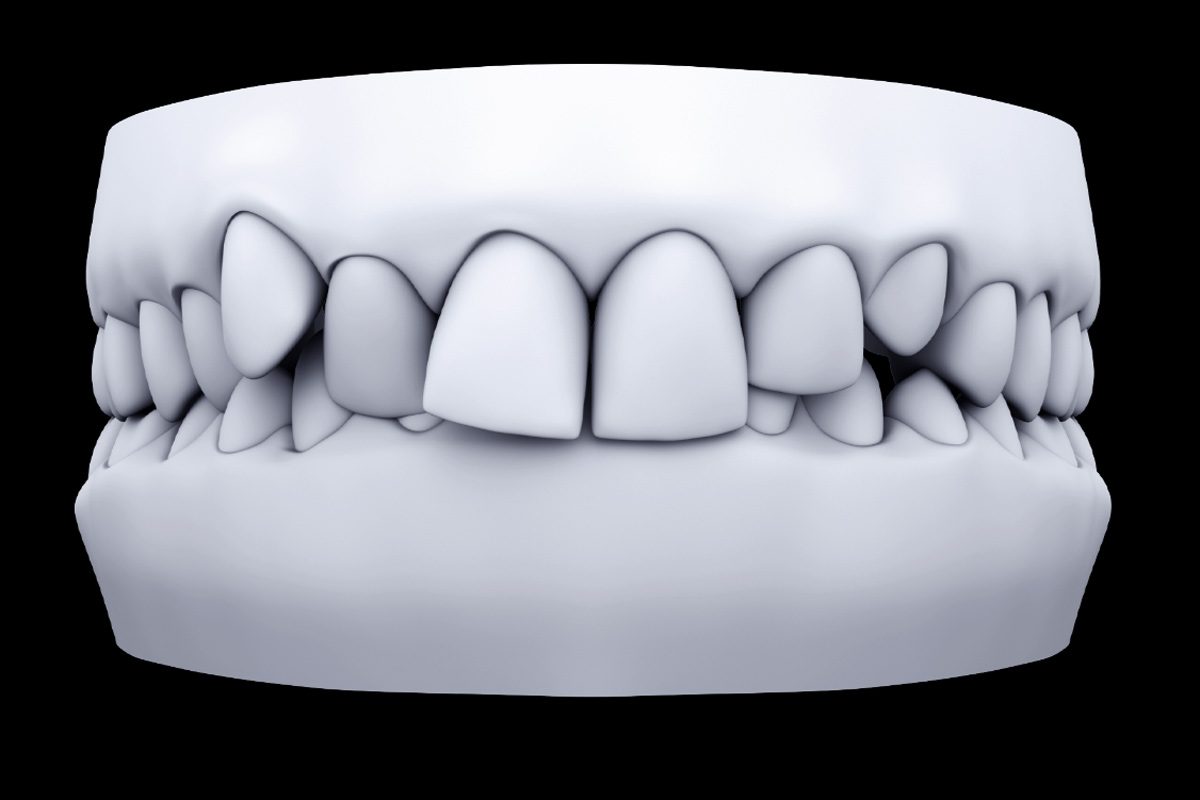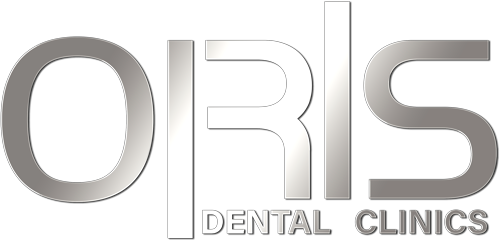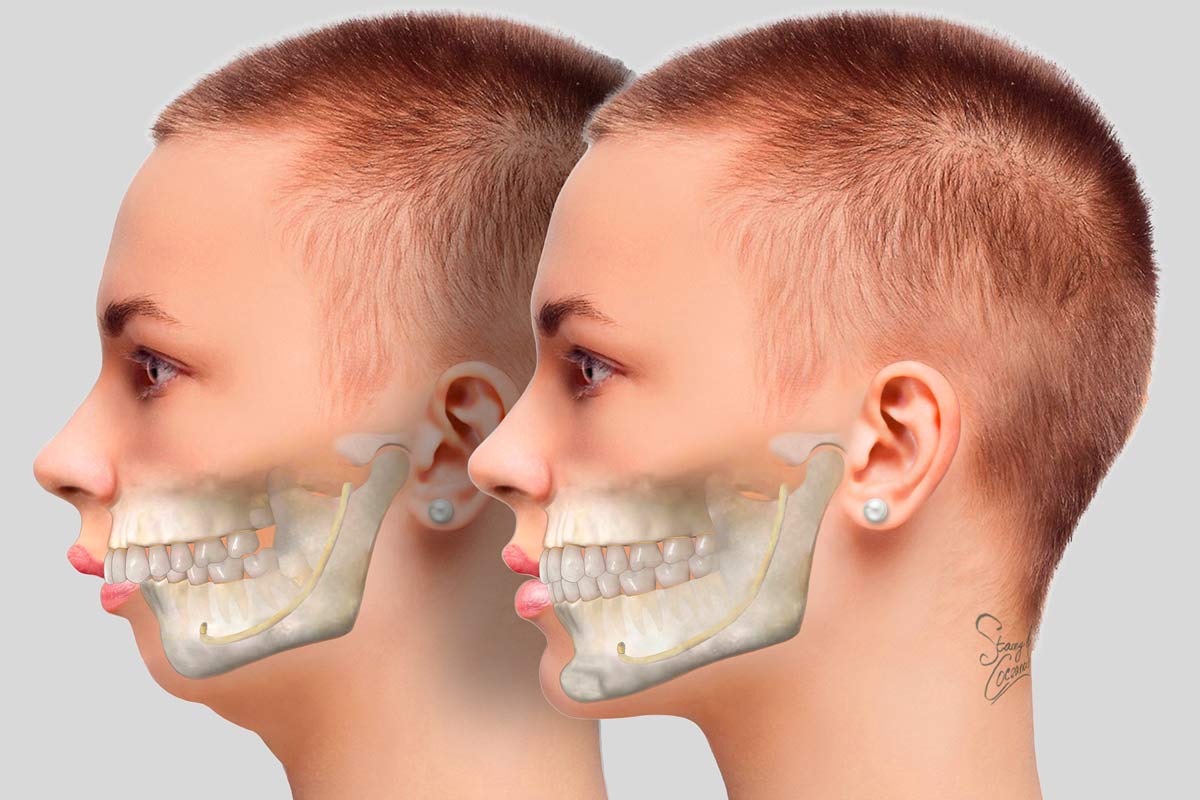If orthodontic treatment is ineffective for treating jaw problems such as bad bite, jaw surgery may be an alternative. Most of the time, you also wear braces on your teeth before surgery and throughout your recovery following surgery until healing and alignment are complete. Your orthodontist can work with your oral, jaw, and face (maxillofacial) surgeon to determine your treatment plan.
What Does a Bad Bite Mean?
A ‘bad bite’ is a medical term for malocclusion problem. This condition develops when the teeth along the upper mandible, or the top of the mouth, do not align with the teeth on the bottom of the mouth. As a result, the jaw may experience additional tension due to this misalignment, making it difficult to chew food easily. While some cases of malocclusion develop due to congenital disability, a traumatic injury causes the others. The following are some of the most prevalent signs of malocclusion:
- Difficulty chewing.
- Difficulty speaking.
- Obstructive sleep apnea.
- TMJ (temporomandibular joint) problems.
- Difficulty or discomfort smiling.
Types of Bad Bites
A mismatch between the upper jaw (maxilla) and lower jaw (mandible) can be one of the following:
Open Bite
A condition in which the front upper teeth flare out, leaving a space between them and the lower front teeth when biting. Chronic tongue thrusting or thumb sucking can bring it on. Open bite is typical at a young age, accounting for 17% of all patients seeking corrective treatment.
Deep Bite
A bite in which the upper front teeth completely cover the lower front teeth when biting down.

Cross Bite
When we bite, the upper teeth are usually in front of the lower ones. In a cross bite, the upper teeth contact the lower teeth on the inside. An anterior cross bite happens when this condition occurs in the front teeth (incisors and canines). A posterior cross bite involves the back teeth (premolars and molars).
Why Is Surgery Done?
Jaw surgery may help:
- Make chewing easier to bite and chew and generally improve chewing.
- Correct problems with swallowing or speech.
- Minimize excessive wear and breakdown of teeth.
- Correct bite fit or jaw closure problems, such as when the molars contact but the front teeth do not (open bite),
- Improve the ability of the lips to fully close comfortably
- Relieve discomfort caused by temporomandibular joint (TMJ) condition and other jaw problems
- Provide treatment for obstructive sleep apnea.
- Repair birth defects or facial injuries.
How Can You Overcome a Bad Bite?
There are numerous methods to correct a bad bite, depending on whether it is dental (only related to the teeth), skeletal (related to abnormal jaws), or both. Orthodontic therapy (braces) is frequently used to treat malocclusions limited to teeth. A malocclusion caused by a misalignment of the jaws may necessitate corrective jaw surgery.
Oral Surgery for Malocclusion
Orthognathic surgery is often the most highly recommended treatment option when a bad bite results from a jaw malocclusion. While oral surgery is not for everyone, in cases where a patient has a particularly bad bite or is experiencing considerable discomfort, a dentist refers them to an oral surgeon for treatment considerations.
Orthognathic surgery can help fix the problem by changing how the jaw fits in the mouth. This frequently entails moving the upper jaw forward or backward to align it with the lower jaw’s position. In some cases, mainly when a congenital disability causes the problem, the specialist may need to physically widen the upper jaw to fix the alignment. Usually, titanium plates and screws are used to secure the new alignment. All of this is done internally. So, it does not affect how the jaw looks from a cosmetic point of view. Orthodontic treatment, like braces, is frequently necessary after orthognathic surgery to help support the new jaw positioning.
How Long Does It Take to Recover from Surgery?
Although it can vary by patient and procedure, recovery is often short. Patients typically spend the night in the hospital before returning home to recover fully. Following a liquid diet for the first few days is necessary, then a soft diet for the following few weeks. Patients can resume eating normally again after about a month and a half.

Are There Serious Complications from Bad Bite?
Complications from bad bite surgery are extremely rare. However, it is possible to experience numbness in the lower jaw and lip, although it usually goes away after a few weeks. In exceptional circumstances, numbness may last for three months or longer. A lower jaw surgery leaves the lower lip and chin permanently numb in very few cases. Infections are uncommon.
Typically, antibiotics are given during surgery to reduce the risk of infection. Patients must regularly practice good dental hygiene and use an antibacterial mouthwash to prevent disease. Conducting a close postoperative follow-up is essential to detect complications early on and ensure that the patient has achieved and maintained the correct bite and jaw position.
Discussing your treatment options with your orthodontist or oral surgeon may be necessary if you are in pain due to a bad bite. Also, call or contact us at ORIS Dental Clinics if you live in Richmond Hill, Ontario, and would like to learn more about treating a malocclusion or misalignment.




